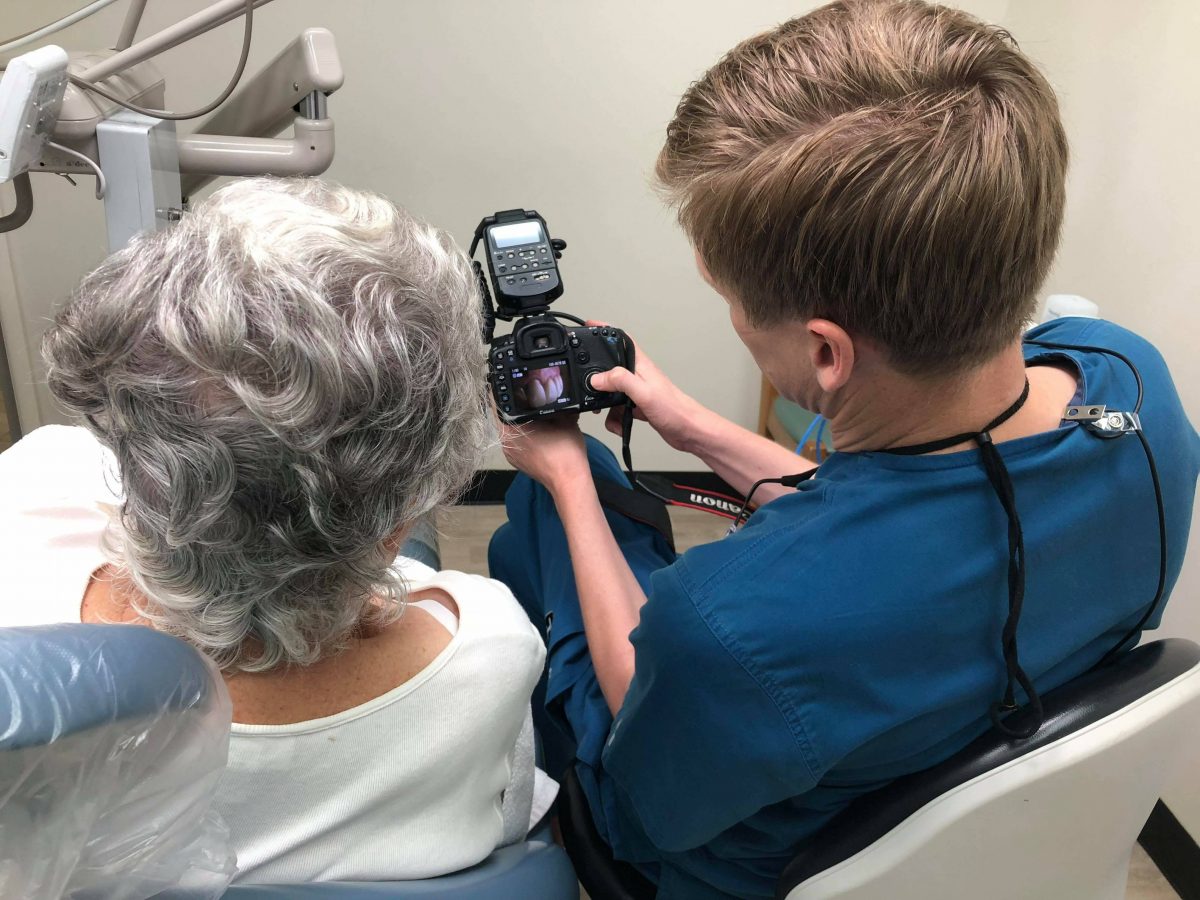The Tripod
- Treatment planning is built on a solid tripod.
- Tripods are interesting things because they are very easy to balance.
- Add one leg more or less leg and their balance is compromised.
- Treatment planning is also built on three solid legs.
- It's simple in concept, but not always easy to achieve.
Tripod of Treatment Planning
What does the patient want? What does the patient have? What can the patient afford?
Today I'll focus on the first leg of the tripod:
What does the patient want?
Often, treatment planning is taught from a purely clinical point of view. Citation et al 1996 said that margins of this sort were the best so we should do a full coverage restoration with anxyz margin.
This unfortunately does not work in reality. Especially in a general practice where all sorts of people come in with all sorts of problems. Or sometimes just to avoid any work with some maintenance.
In my office, I start with "what does the patient want?"
In university we call it chief complaint. The problem with this is that often the patient's chief complaint is not what they want. At first, they may say "my tooth is broken".
It would be easy to assume that what they want, is to have it fixed.
But that might be completely wrong. So despite the patient telling you why they came in, it doesn't tell you what they want. So ask them.
They patient might say
1. I just want it fixed. Cheap.
2. It broke, but I tired of all my teeth breaking all the time. What can you do about that?
3. The broken tooth made me come in. But I've been meaning to come for a few years. I'm really unhappy with my smile.
4. My main problem is I can't stand my partial denture.
Or any variation.
So the motivator is not necessarily what they want.
Now look for the extension. These are things that the patient might want at the same time as their main thing.
So you want to be happy with your smile? Anything else?
Yes, I want to get rid of my denture. I hate it.
So you want to be happy with your smile and get rid of your denture? Anything else. (Repeating the patient's exact words is a form of forced listening, and it also demonstrates that you are listening intently).
Keep clarifying until you know everything the patient wants.
Then you have the first solid leg of your treatment plan done!!




.jpg)

